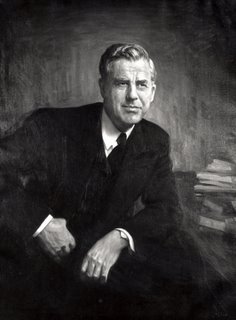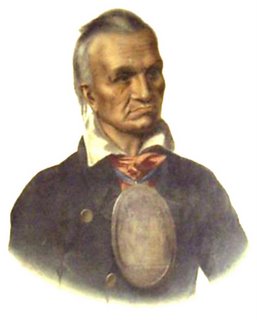The great Way is easy,
yet people prefer the side paths.
Be aware when things are out of balance.
Stay centered within the Tao.
When rich speculators prosper
While farmers lose their land;
when government officials spend money
on weapons instead of cures;
when the upper class is extravagant and irresponsible
while the poor have nowhere to turn-
all this is robbery and chaos.
It is not in keeping with the Tao.
S. Mitchell
"Once started on the great [lax] highway, if I had but little knowledge I should, in walking on a broad way, fear getting off the road.
On the main path (dao), I would avoid the by-paths.
Some dao main path is easy to walk [or drift] on, but safe and easy.
All the same people are fond, men love by-paths, love even small by-paths:
The by-path courts are spick-and-span.
And the fields go untilled, nay, exceedingly weedy.
They're content to let their fields run to weed.
All the while granaries stand quite empty and some exceedingly empty.
They have elegant, in clothes and gown to wear, some furnished with patterns and embroideries,
Some carry sharp weapons, glut themselves with drink and foods enjoyed beyond limit,
And wealth and treasures are accumulated in excess, owning far more than they can handle and use.
This is to [molest] the world towards brigandage, it's robbery as extravagance.
In the end they're splitting with wealth and possessions.
Wealth splits, tends to.
This cannot be a highway of dao (the way)."
Tormond Byrd
If I were suddenly to become known, and (put into a position to) conduct (a government) according to the Great Tao, what I should be most afraid of would be a boastful display.
The great Tao (or way) is very level and easy; but people love the by-ways.
Their court(-yards and buildings) shall be well kept, but their fields shall be ill-cultivated, and their granaries very empty. They shall wear elegant and ornamented robes, carry a sharp sword at their girdle, pamper themselves in eating and drinking, and have a superabundance of property and wealth;--such (princes) may be called robbers and boasters. This is contrary to the Tao surely!
J. Legge
What strikes me about this chapter is how closely it resembles today's conservative politics. The rich live in clean, sparkling homes, while robbing the livelihoods of the working class (the other 98%), leaving the farmlands untilled and granaries empty (akin to today's rape of corporate assets and theft from employees, such as their pension plans and federal entitlements). They dress well and own far more than they will ever need in today's life, yet live behind "sharp weapons" (the security forces in gated communities). Regardless of how your religious/philosophical beliefs run, they do not follow the dao.
It just goes to show that, despite 2400 years since the writing of the Tao Te Ching, the more things change...


